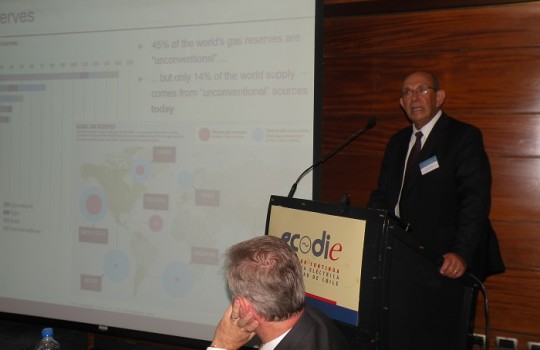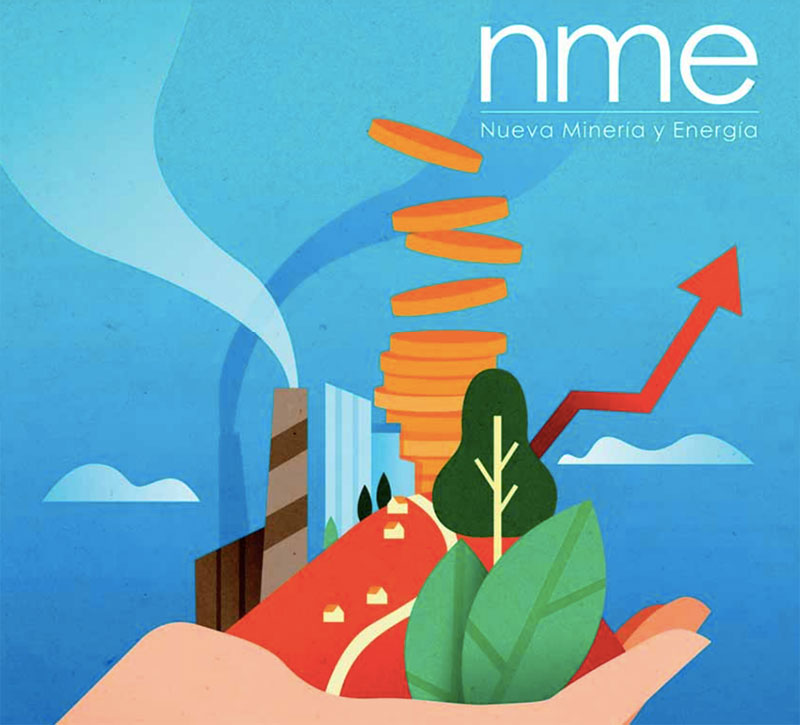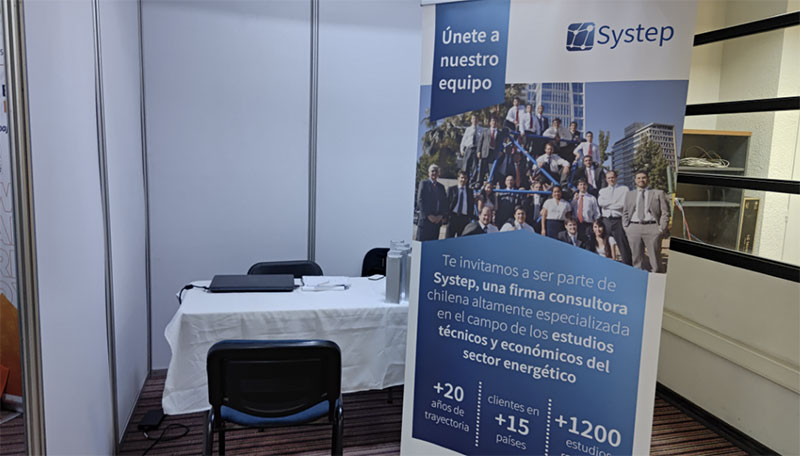
The director of Systep warned about the costs involved in transporting this fuel to Chile and its regasification process, with the use of coal emerging as a more economical option.
Hugh Rudnick: Gas-fired generation is not competitive with current international prices
During his presentation at the workshop “Opportunities and Challenges of Gas-Electricity Integration”, organized by the Continuing Education Unit of the Department of Electrical Engineering (Ecodie) of the Faculty of Physical and Mathematical Sciences of the University of Chile, Hugh Rudnick, director of Systep, spoke about the role of gas in electricity generation and its relationship with other energy sources at the regional level.
This is how the specialist highlighted the potential that South America has in terms of gas, due to the reserves that Argentina and Brazil, for example, possess, although he warned that political factors have influenced supply problems in recent years, which led countries such as Brazil, Argentina and Chile to become LNG importers.
In this context, he commented that the relevance of hydroelectricity in the region entails a challenge for the integration between the electricity and gas industry, due to the fact that hydroelectric variability is not compatible with long-term gas contracts.
Regarding the participation of gas in the Chilean energy matrix, Hugh Rudnick stated that gas-fired power generation is not competitive with current international prices, due to the costs involved, for example, in transporting this fuel to Chile and the regasification process, and the use of coal is a more economical option.
However, he indicated that gas is emerging as an alternative in the face of the opposition to coal-fired hydroelectric and thermoelectric projects.
On the other hand, he mentioned that it is complex to define the volumes of gas required in the context of a hydrothermal energy system, adding that he hopes that in the future it will be possible to stop resorting to LNG and take advantage of the gas produced by neighboring countries, which would require progress in regional coordination with a view to optimizing this market.





